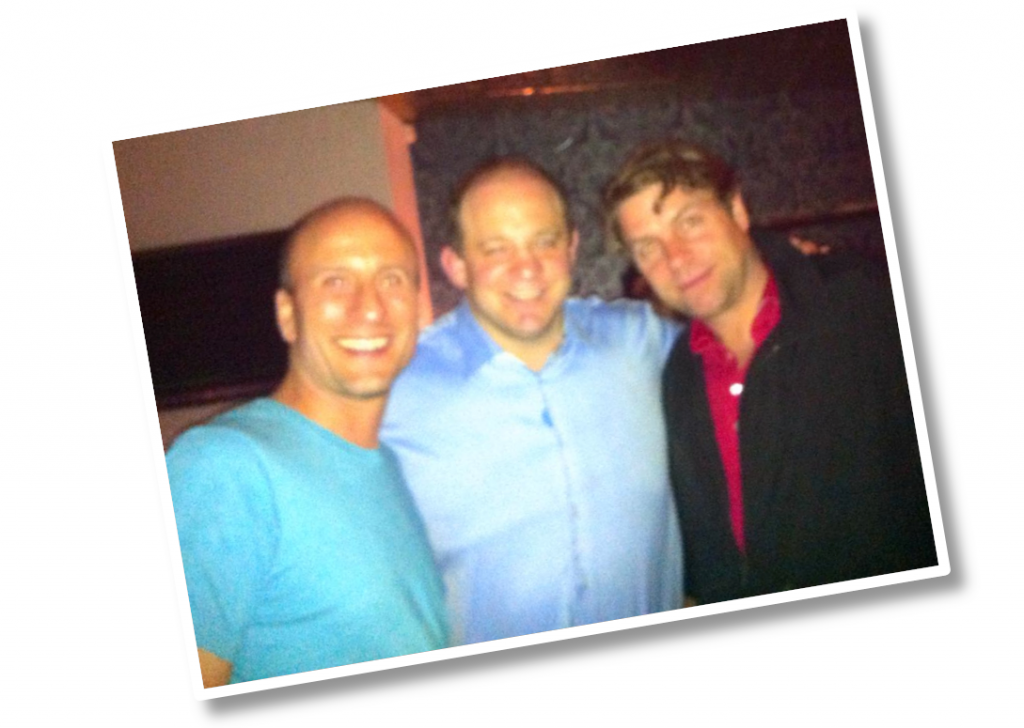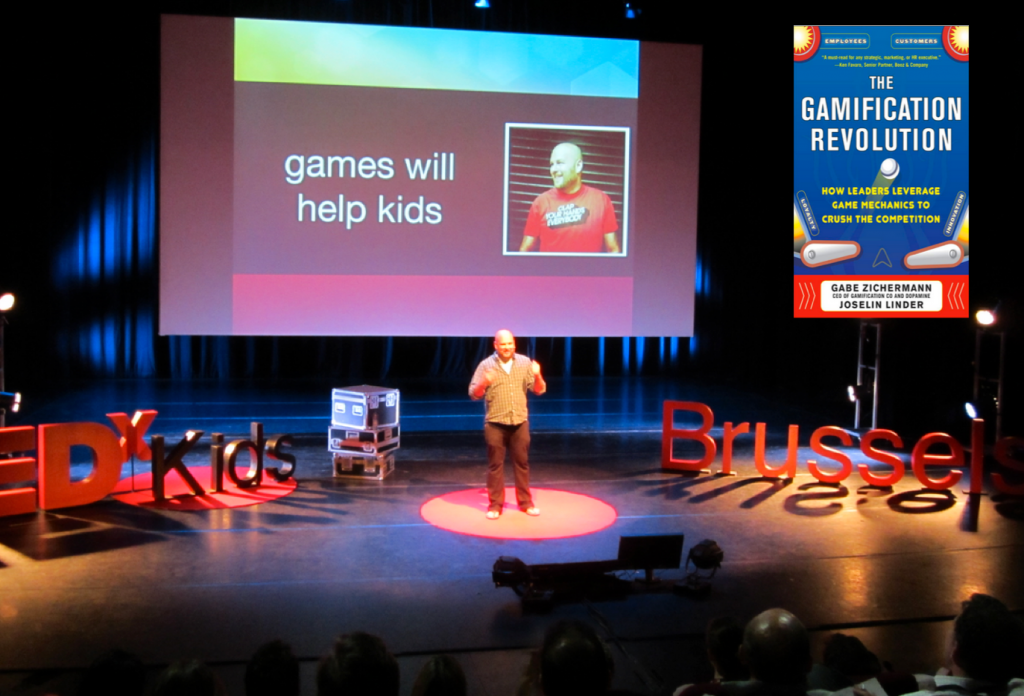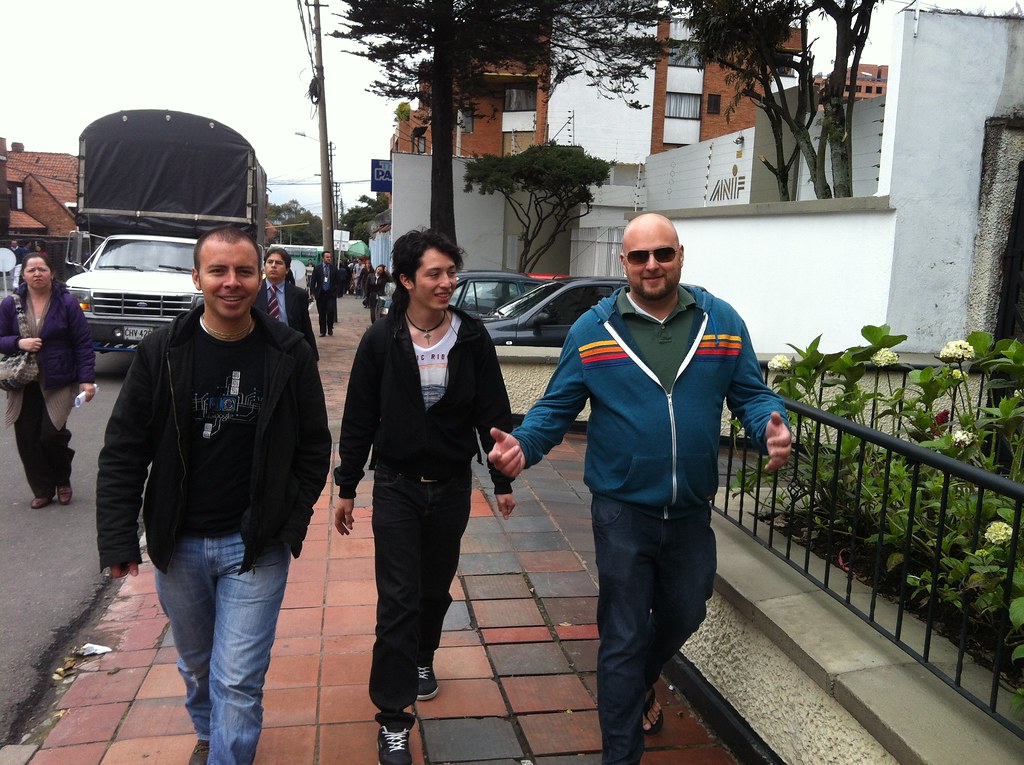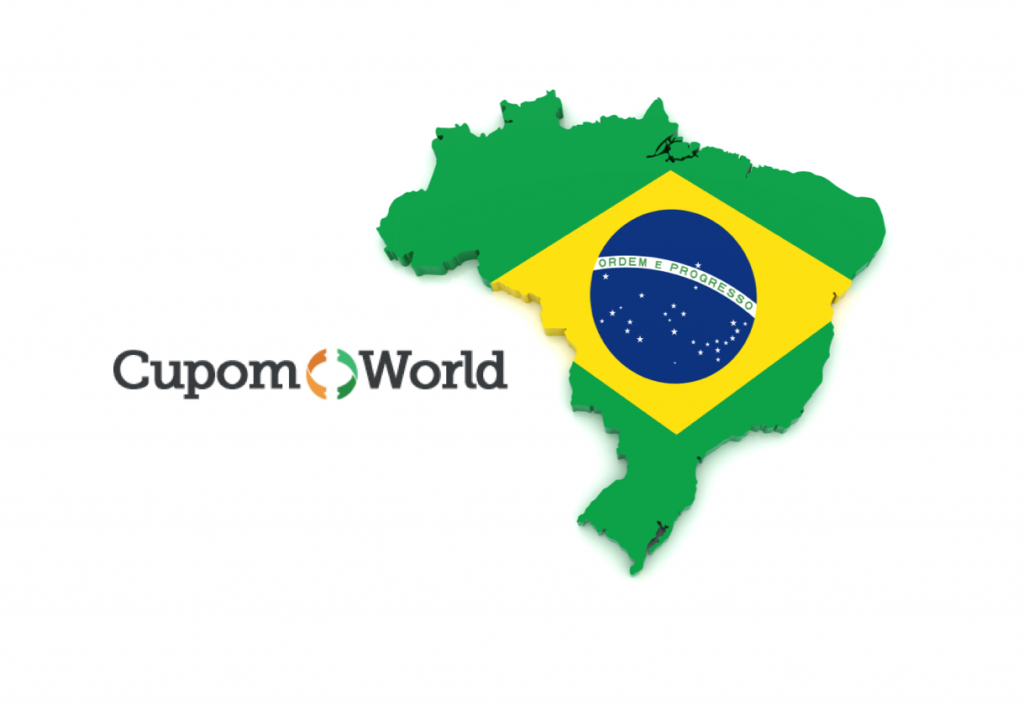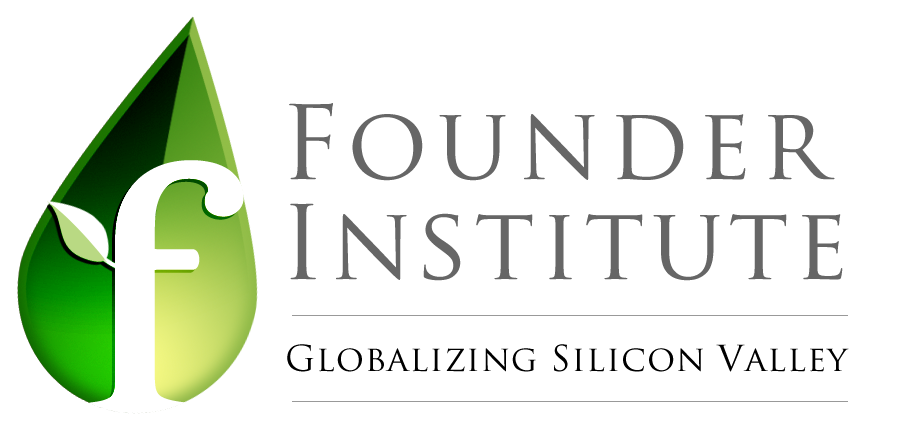
It’s been quite a year here in Medellin. Thanks to the help of my co-Directors Jose Betancur and Dario Palacio as well as some amazing mentors including Serge Kruppa, Camilo Usaga, Conrad Egusa, Dan Gertzacov, Camilo Gomez, Mauricio Bejarano, Michael Puscar, Guido Becher, Gerry Murffitt, Federico Ortega, Chris Dover, Fabian Wittleben, Esteban Mancuso, Roberto Cuartas, Vagn Knudsen and Antonio Fallace all of whom resided in Colombia. Aside from these tremendous mentors we were visited by some impressive mentors who reside in the US and these include John Dallas, Ziv Gillat, Lloyd Baroody, David Beatty, Patrick Dillon, Vladimir De Franceschi and, remotely, Adeo Ressi, Dave Parker and Andrew Weinreich contributed a great deal to the semester.
During graduation, we got to hear from Tomas Posada, CEO of La Bonoteca, about his experiences after graduating from the program in 2012. His company continues to grow and has received several hundreds of thousands of dollars in investment and government support. It was great hearing his story and advise to the grads during the ceremony. Also, before continuing, I need to give a special thanks of appreciation to Conrad Egusa and Eddie Arrieta for allowing us, at a moment’s notice to make use of their state-of-the-art co-working space called Espacio. No wonder Espacio is the center of the ecosystem in Medellin. This year, there were some demonstrations in the streets and they allowed us to use their amazing facilities thanks to their desire to support the Medellin startup ecosystem and their support for the Founder Institute. They truly went beyond the call of duty. Thanks guys!
It’s been quite a journey these last three years ever since Adeo Ressi, creator of the Founder Institute, approved my bringing this incubator to Colombia and, in the process, converting this country in the first leg of the Founder Institute’s Latin American expansion strategy. The strongest pillar of the Founder Institute is its mentor network. Without the drive and vocation of these experienced entrepreneurs interested in giving back, the Founder Institute would not exist. Aside from the help they provide the founders in the program, it is such a joy for me to meet these amazing mentors. One of those that I met is Paul Bragiel, a friend of Adeo’s, with whom – in addition to William Hsu – I plan on launching a new seed fund called Tayrona Ventures. As as side note, I organized a lunch with some people from the government, which would later be influential in helping Paul fulfill a dream and inspiring others in the process.  Such are the calibre of people you meet on this journey.
Such are the calibre of people you meet on this journey.
Three years ago, you could pretty much fit all of the Colombia mentors at one lunch table (and I did). You hardly ever heard any mention of the word “startup.” Today, in Colombia, startups are all the rage, but there still aren’t enough viable Colombian startups and the need for the Founder Institute (in my opinion) is as great as ever. Most initiatives in this country assume an ample supply of viable startups (to receive grants, enter accelerators, etc.). I haven’t seen any initiatives which objectively select (testing for aptitude) founders with ideas and stick them in a crucible that connects them with over 25 mentors continuously helping with their experience and feedback and produce new companies made up of those founders who stuck it out till the end (usually a fourth of those enrolled).
Ruta N, Medellin’s innovation agency, saw the potential for the Founder Institute to help it build up an extremely nascent digital ecosystem last year. Since 2012, Ruta N, in alliance with the Founder Institute, has supported these efforts. Last year, we had the benefit of having mentors such as Ranjith Kumaran, Gabe Zichermman, Jeff Stewart, Andrew Lee and Tyler Crowley among others, visit us in Bogota and Medellin. Taken as a whole, these mentors have created more than US $1 billion in wealth and directly or indirectly control more wealth as advisors and/or investors.
These are the types of experienced mentors that any city should have to help fortify or build (in Medellin’s case) their digital ecosystem. Also, Adeo Ressi, the creator of the Founder Institute, continually promotes and supports the program in Medellin and Bogota. We only ran the Founder Institute in Medellin this year. Next year, we hope to have a second city step up to the plate as a sponsor with an organization as committed as Ruta N to strengthening it’s digital ecosystem. Nonetheless, we are happy to be working with Ruta N in Medellin as their commitment to this initiative has been commendable and the fruits of this joint effort will be even more apparent in years to come.
Ok. So what is the result of all of this? The result is the launching of eight startups (the majority new companies) – with persistent and talented founder CEOs – with a much greater chance of success than if they had not gone through the program. These eight new companies to graduate from the Founder Institute join 1000 other companies worldwide that have graduated with almost 90% still operating, which is substantially better than the industry average (by whatever measure you use). If Medellin is able to create another Facebook or similar type of startup, this would be tremendous. Nevertheless, you can’t predict those things and because of how nascent the whole digital startup ecosystem is at the moment, just having more viable digital startups is a key milestone on which they can continue to build.
At the moment, Ruta N is promoting other initiatives which support digital startups that have already launched (e.g., accelerators, etc.). Within this context, the alliance with the Founder Institute becomes even more imperative. There are quite a few accelerators and funds which are ramping up their operations as I write this. Nonetheless, there is a dearth of digital startups operating or launched in this city. This means that the eight new grads are eight new companies which have a strong possibility of entering some of these later stage programs.
This year, we had 44 applicants who were accepted into the program. The fact that they were accepted means that they had all of the aptitude required to build a viable startup with a high chance of creating great impact in the city. Some of those who started the program found that they just did not have the time that was required to graduate and decided to drop out in order to come back at another time. Nonetheless, eight of these entrepreneurs stuck it out and these are the companies that graduated. [Virtual drum roll] Presenting the grads from the Founder Institute Medellin 2013!: Diego Guzman, CEO of Bankity (on Android); Marcela Villa, CEO of Greenduir; Natalia Siegert, CEO of IdioMotion; Juan Sosa, CEO of Mashpedia; Jose Juan Echeverri, CEO of Photograff; Diego Benitez, CEO of Siembra Viva; Ivan Alvarez, CEO of Timba and Julian Gonzalez, CEO of TrendingConf. As you’ll notice, 25% of these founder CEOs are women!
 In the post, Fred talks about the importance of getting to know entrepreneurs (and visa versa) since a lot of the value that an investor provides will depend on maintaining a good relationship with said founder.
In the post, Fred talks about the importance of getting to know entrepreneurs (and visa versa) since a lot of the value that an investor provides will depend on maintaining a good relationship with said founder.
